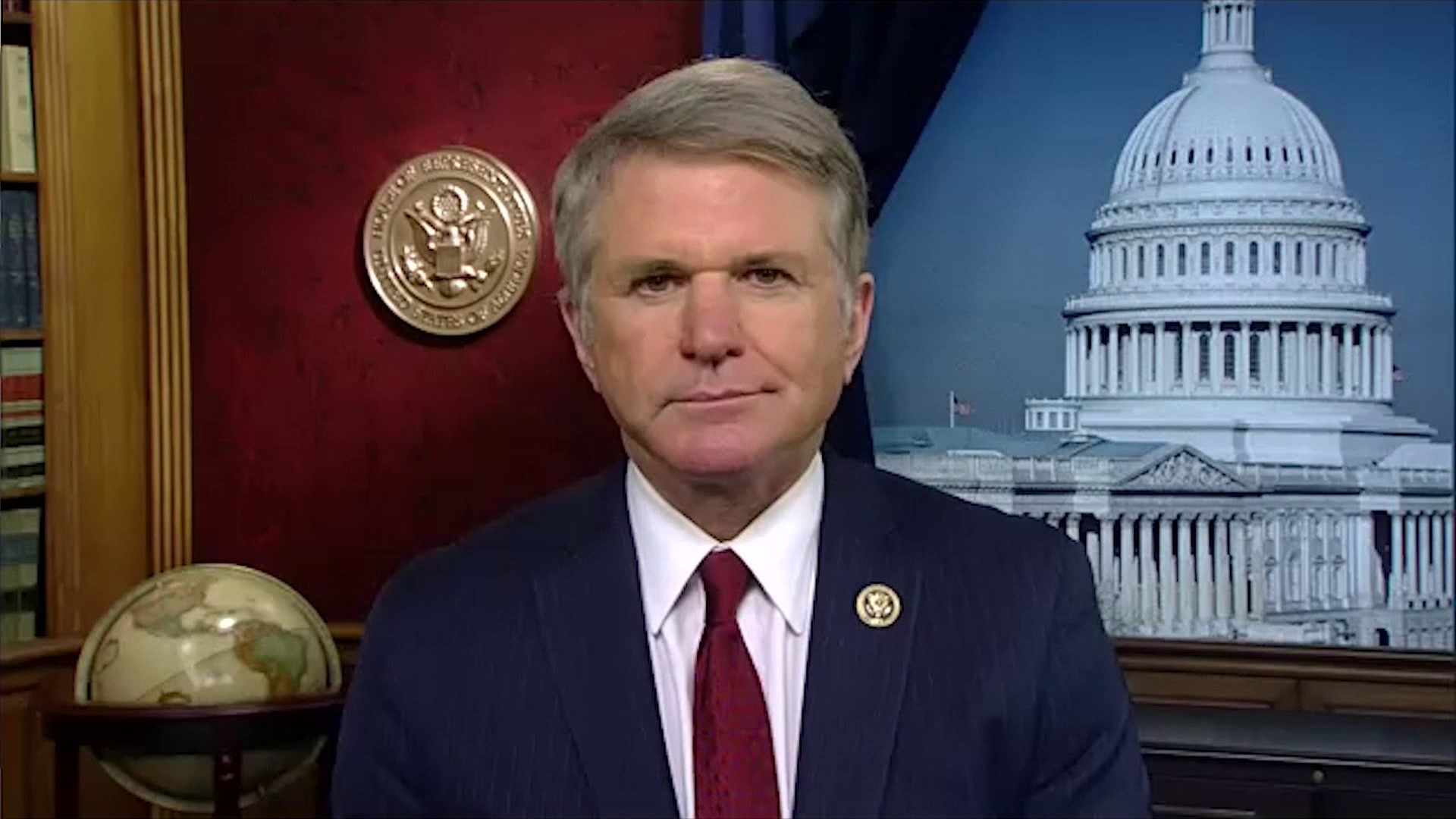TEXAS, USA — The Chairman of the House Foreign Affairs Committee says the Chinese spy balloon sent a provocative message to the United States and to the President.
And that chairman, one of the most powerful positions in the U.S. House, just so happens to be a Texan, Congressman Michael McCaul.
The Republican from Austin says he’ll send a clear message that the move was unacceptable.
“What I will be doing as Chairman of Foreign Affairs is stopping the export of technology to China that they then turn around to use in their most advanced weapons systems,” Congressman McCaul said on Inside Texas Politics. “They steal a lot of our intellectual property. But for god’s sakes, we don’t have to sell the technology to them that they then turn around to point at us.”
The Republican says that technology would include anything in the national security supply chain.
Chairman McCaul said he will also hold classified briefings where he’ll get answers to some of his questions, such as why the U.S. didn’t immediately shoot the balloon down, what information was collected from it and what data was transmitted back to China.
He also referenced legislation Congress passed last year that returns semiconductor manufacturing back to U.S. soil, instead of countries vulnerable to China, such as Taiwan.
In fact, the Congressman calls them “national security chips” and he says the same must be done with other sensitive imports vital to protect the country.
“That’s a great step forward in what we need to be doing. But we need to be doing that also with rare earth materials, with medical supplies. I hope to be working on those kind of bills in this Congress,” said the Chairman.
As for the impending debate over raising the debt ceiling, Congressman McCaul says he would like to see discretionary spending capped at 2022 levels.
Lawmakers must either raise the debt ceiling in order to pay off interest on the country’s debts and finance federal programs Congress has already approved, or cut spending.
The Republican Chairman has made clear any cuts or caps should not apply to defense spending.
“It’s hard for me to imagine the federal budget not having some waste in it that we can’t cut. We’re handing down, right now, approaching $32 trillion of debt to our children and grandchildren. I think that’s immoral,” he said. “And a lot of that debt was accumulated really in the last six years, so this is a bipartisan problem that both parties are responsible for. And I think both parties are responsible to fix the problem.”

